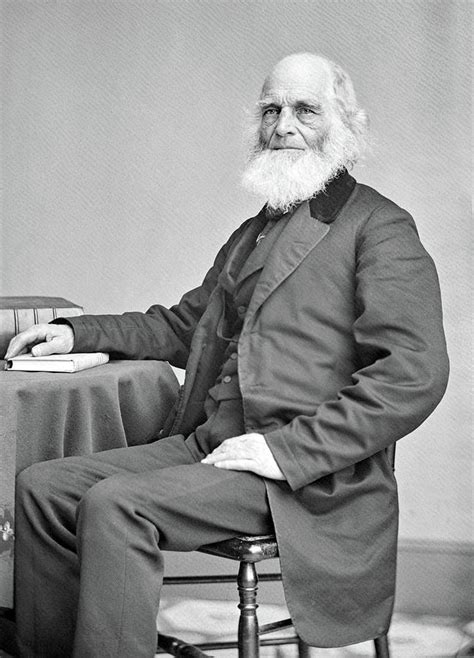A Quote by William C. Bryant
The sweet calm sunshine of October, now
Warms the low spot; upon its grassy mold
The pur0ple oak-leaf falls; the birchen bough
drops its bright spoil like arrow-heads of gold.
Related Quotes
[Concerning the Water Ouzel, now called American Dipper:] In a general way his music is that of the streams refined and spiritualized. The deep booming notes of the falls are in it, the trills of rapids, the gurgling of margin eddies, the low whispering of level reaches, and the sweet tinkle of separate drops oozing from the ends of mosses and falling into tranquil pools.
Sweet is the rose, but grows upon a brere;
Sweet is the juniper, but sharp his bough;
Sweet is the eglantine, but stiketh nere;
Sweet is the firbloome, but its braunches rough;
Sweet is the cypress, but its rynd is tough;
Sweet is the nut, but bitter is his pill;
Sweet is the broome-flowre, but yet sowre enough;
And sweet is moly, but his root is ill.
And what is more melancholy than the old apple-trees that linger about the spot where once stood a homestead, but where there is now only a ruined chimney rising our of a grassy and weed-grown cellar? They offer their fruit to every wayfarer--apples that are bitter-sweet with the moral of times vicissitude.
When the days become longer and there is more sunshine, the grass becomes fresh and, consequently, we feel very happy. On the other hand, in autumn, one leaf falls down and another leaf falls down. The beautiful plants become as if dead and we do not feel very happy. Why? I think it is because deep down our human nature likes construction, and does not like destruction. Naturally, every action which is destructive is against human nature. Constructiveness is the human way. Therefore, I think that in terms of basic human feeling, violence is not good. Non-violence is the only way.
What is it that sometimes speaks in the soul so calmly, so clearly, that its earthly time is short? Is it the secret instinct of decaying nature, or the soul's impulsive throb, as immortality draws on? Be what it may, it rested in the heart of Eva, a calm, sweet, prophetic certainty that Heaven was near; calm as the light of sunset, sweet as the bright stillness of autumn, there her little heart reposed, only troubled by sorrow for those who loved her so dearly.







































